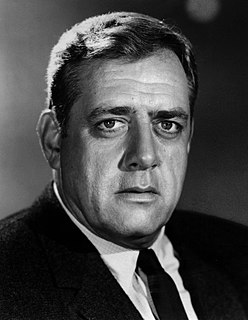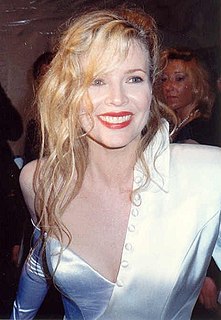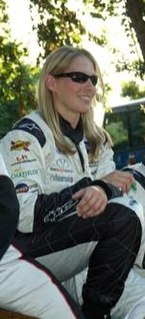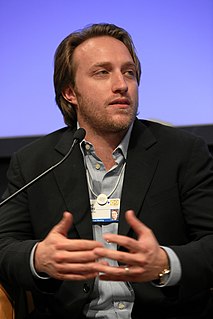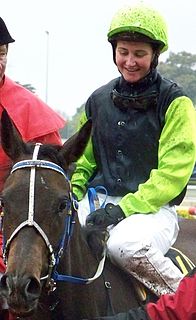A Quote by Raymond Burr
Growing up during the Depression, I worked for the Forest Service and CCC (Civilian Conservation Corps). I tend to work very, very hard. I wouldn't change that for anything.
Related Quotes
In 1948, I began coaching basketball at UCLA. Each hour of practice we worked very hard. Each day we worked very hard. Each week we worked very hard. Each season we worked very hard. Four fourteen years we worked very hard and didn't win a national championship. However, a national championship was won in the fifteenth year. Another in the sixteenth. And eight more in the following ten years.
If I could give you information of my life it would be to show how a woman of very ordinary ability has been led by God in strange and unaccustomed paths to do in His service what He has done in her. And if I could tell you all, you would see how God has done all, and I nothing. I have worked hard, very hard, that is all; and I have never refused God anything.
There are two principles inherent in the very nature of things, recurring in some particular embodiments whatever field we explore - the spirit of change, and the spirit of conservation. There can be nothing real without both. Mere change without conservation is a passage from nothing to nothing. . . . Mere conservation without change cannot conserve. For after all, there is a flux of circumstance, and the freshness of being evaporates under mere repetition.
I like to get into a lot of things besides movies. I've been very involved with a few specific efforts. We built this park in New York and it's been a very successful project... I worked on a conservation project in East Africa... Too much of this type of stuff can get you wrapped up in your own work and I love it.
We have a very old conservation movement, particularly in the United States, which has focused on campaigns to protect endangered species: the spotted owl, the old-growth forest. But usually it stops there. To me, biodiversity is the full spectrum. Species conservation is not only about wilderness conservation. It?s also about protecting the livelihood of people even while changing the dominant relationship that humans have had with other species. In India, it?s an economic issue, not just an ecological one.
